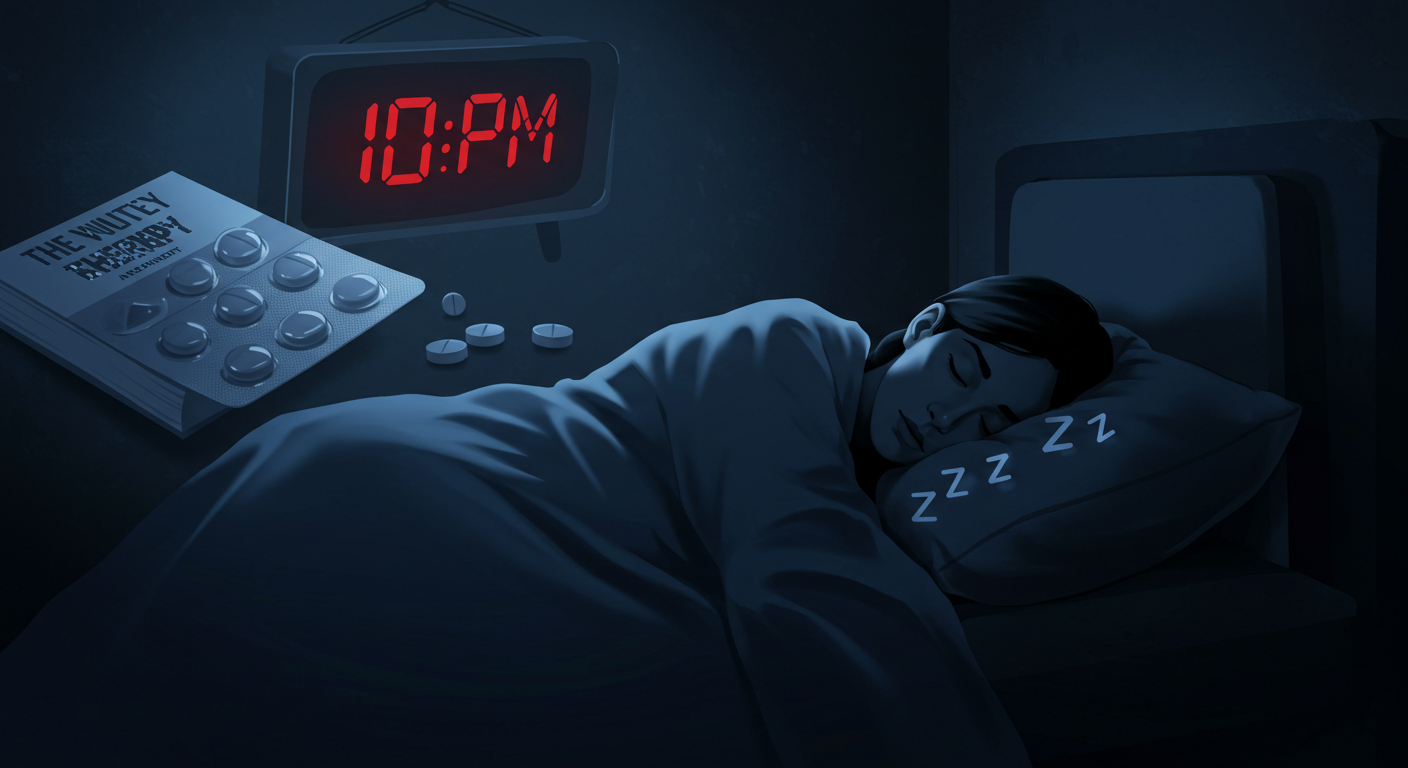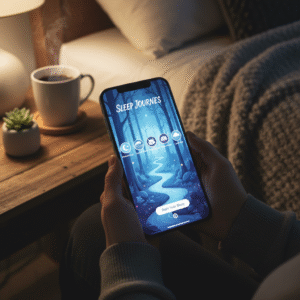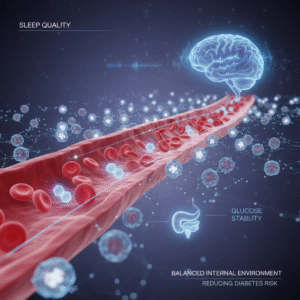Discover the optimal timing for sleeping pills to treat insomnia safely. Avoid daytime drowsiness & risks. Consult accredited sleep specialists today!
WHEN TO TAKE A SLEEPING PILL FOR INSOMNIA
Struggling with chronic insomnia? A sleeping pill for insomnia can offer effective relief when timed correctly. However, these potent hypnotics carry risks like daytime drowsiness if misused. For safe and effective management, strategic timing minimizes side effects while maximizing restorative sleep. Proper timing transforms sleep medications from disruptive to therapeutic. Most pills—including common brands like Ambien or Lunesta—require precise scheduling to harness their sleep-inducing power without lingering grogginess. Ignoring timing guidelines risks impaired alertness and safety hazards.
The Critical Window for Administration
Take sleeping pills immediately before bedtime with *at least 7-8 hours* before your wake-up time. This window allows the medication to metabolize fully, reducing next-day impairment. Hypnotics trigger intense sleep pressure, but residual effects can sabotage daytime function if the dosage period overlaps with morning activities. **Surprising research reveals risks:** A study of 2,000 prescription holders found 20% took pills mid-sleep! Some even dosed twice nightly. This dangerous practice escalates the risk of **daytime drowsiness**, sleep-driving incidents, and semi-conscious activities. For chronic insomnia sufferers waking at night, resist reaching for standard hypnotics unless prescriptions specifically allow it.
The Exception for Nighttime Awakenings
Only one FDA-approved medication, Intermezzo, addresses **sleep maintenance insomnia**. Designed for midnight dosing after sudden awakenings, it requires at least four remaining bedtime hours. Never self-prescribe—complex sleep behaviors like sleepwalking or driving can occur with improper use. **Safety first:** – Never combine alcohol with sleep aids – Avoid operating vehicles after nighttime dosing – Strictly follow prescription labels
Safer Alternatives and Expert Guidance
Consult your physician before starting any **sleeping pill for insomnia**. They may recommend **cognitive behavioral therapy for insomnia** (CBT-I)—a gold-standard non-pharmaceutical treatment. CBT-I teaches stress reduction, sleep scheduling, and relaxation techniques with lasting results. If medications are necessary, follow the **Ten Safety Tips for sleeping pills**. Track therapy effectiveness using a sleep diary, noting dosage times and side effects. Accredited sleep centers offer CBT-I specialists and comprehensive **chronic insomnia** solutions.
Conclusion
Key Takeaways: – Take most sleeping pills *only* at bedtime with 7-8 hours before waking – Never self-dose for **sleep maintenance insomnia** without specific prescriptions – Prioritize CBT-I and consult sleep specialists at accredited centers
Frequently Asked Questions
Can I take sleeping pills when I wake up at 3 AM?
Only if prescribed Intermezzo and you have 4+ hours before waking. Most sleeping pills cause dangerous daytime drowsiness if taken mid-sleep. Consult your doctor for alternatives like CBT-I.
How can I reduce daytime drowsiness from insomnia medication?
Always take pills right before bed with 7-8 hours before waking. Avoid double-dosing, alcohol, and discuss adjusting timing/dosage with your physician. CBT-I offers non-drowsy options.
Sources
- Insomnia Treatment Guidelines: https://www.mayoclinic.org/diseases-conditions/insomnia/diagnosis-treatment/drc-20351922
- Guide to Prescription Sleep Medications: https://www.webmd.com/sleep-disorders/guide-to-prescription-sleep-medications
- Cognitive Behavioral Therapy for Insomnia: https://www.nimh.nih.gov/health/topics/sleep-disorders/cognitive-behavioral-therapy-for-insomnia-cbti








